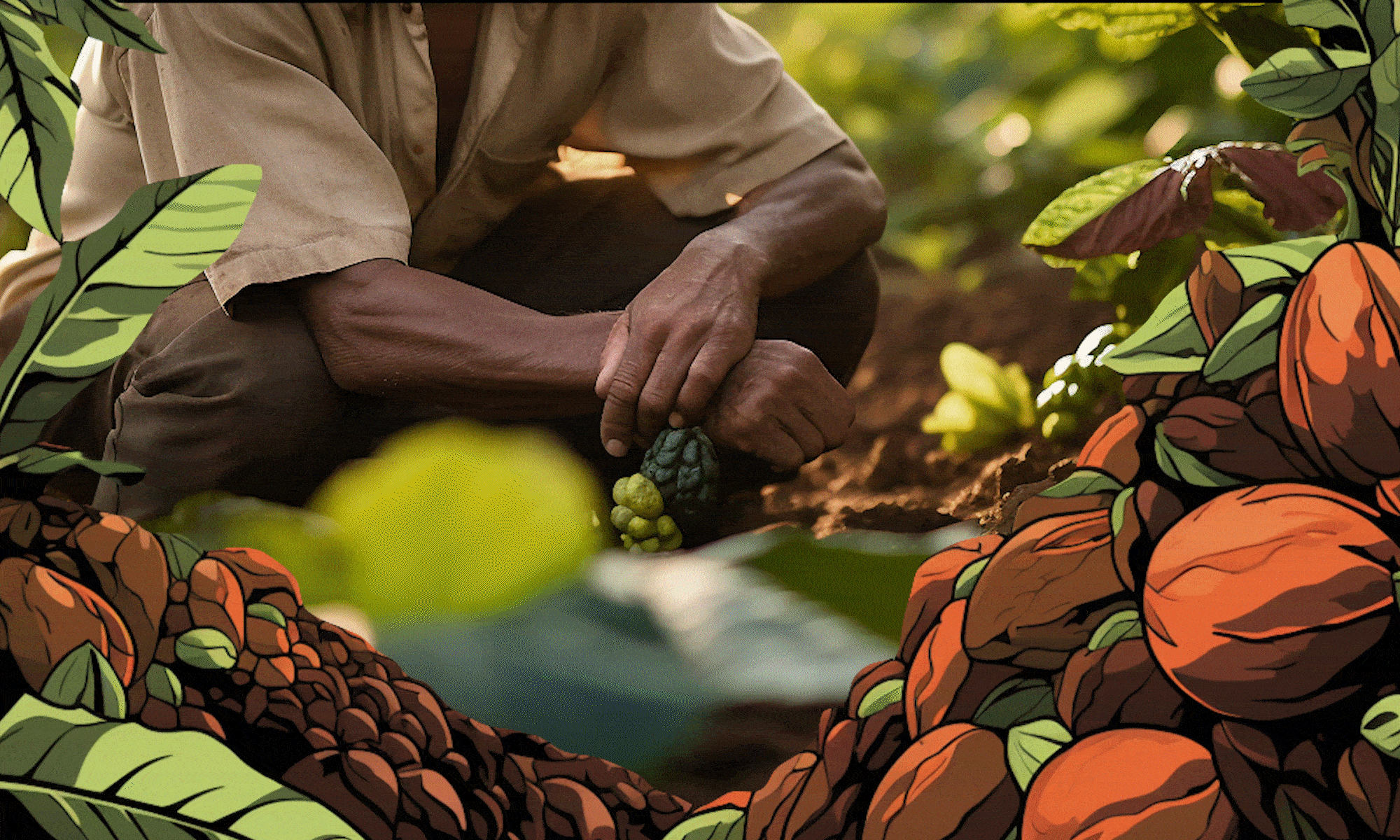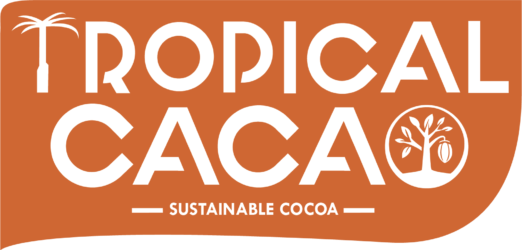Cacao farming has been the backbone of chocolate production for centuries, but the industry faces increasing challenges in maintaining sustainable practices. As consumer demand grows, the pressure on farmers, the environment, and the cacao supply chain intensifies. In this article, we explore the key challenges to sustainability in cacao farming and the innovative solutions paving the way for a more sustainable future.
The Importance of Sustainability in Cacao Farming
Sustainability in cacao farming is not just about protecting the environment—it also ensures the economic viability of farming communities and the quality of cacao beans. The three pillars of sustainability include:
- Environmental Responsibility: Conserving ecosystems and biodiversity.
- Economic Stability: Providing fair wages and opportunities for farmers.
- Social Equity: Promoting safe and ethical working conditions.
Key Challenges in Cacao Farming Sustainability
Despite its importance, achieving sustainability in cacao farming is fraught with challenges:
- Environmental Degradation
Deforestation: Large-scale cacao farming has led to the loss of tropical forests, threatening biodiversity and contributing to climate change.
Soil Depletion: Intensive farming practices often degrade soil quality, reducing long-term productivity.
- Climate Change
Temperature Shifts: Rising temperatures and unpredictable rainfall affect cacao yields and quality.
Pests and Diseases: Warmer climates exacerbate issues like cocoa pod borer infestations and black pod disease.
- Economic Pressures
Low Farmer Incomes: Many small-scale farmers earn less than a living wage, making it difficult to invest in sustainable practices.
Market Volatility: Fluctuations in cacao prices create economic instability.
- Ethical Issues
Child Labor: Despite efforts to eradicate it, child labor remains a significant concern in some cacao-growing regions.
Inequity: Women and marginalized groups often lack access to resources and decision-making power.
Solutions for Sustainable Cacao Farming
Addressing these challenges requires a collaborative effort across the supply chain. Here are some of the most effective strategies:
- Agroforestry
What It Is: Integrating cacao trees with other crops and native vegetation to mimic natural ecosystems.
Benefits: Reduces deforestation, improves soil health, and enhances biodiversity.
- Climate-Resilient Farming Practices
Innovations: Developing drought-tolerant cacao varieties and using water conservation techniques.
Adaptation: Training farmers to manage pests and diseases linked to climate change.
- Fair Trade and Ethical Certifications
Purpose: Ensure farmers receive fair compensation and work under ethical conditions.
Impact: Increases farmer income, supports community development, and promotes transparency.
- Technological Advancements
Digital Tools: Mobile apps and sensors to monitor soil health, weather conditions, and pest activity.
Blockchain: Enhancing traceability and accountability in the cacao supply chain.
- Community Empowerment
Education: Providing training on sustainable practices and business management.
Inclusivity: Supporting women and marginalized groups to ensure equitable opportunities.
The Role of Consumers in Promoting Sustainability
Consumers play a significant role in driving sustainable practices in cacao farming. By making informed choices, you can support ethical and environmentally responsible chocolate production.
Tips for Consumers:
- Choose Certified Products: Look for certifications like Fair Trade, Rainforest Alliance, or UTZ.
- Support Ethical Brands: Buy from companies committed to sustainability and transparency.
- Educate Yourself: Learn about the origins of your chocolate and the efforts behind its production.
How Tropical Cacao Supports Sustainability
At Tropical Cacao, sustainability is at the core of everything we do. We are committed to:
Partnering with Farmers: Providing resources and training to implement sustainable practices.
Protecting the Environment: Promoting agroforestry and biodiversity conservation.
Advancing Innovation: Investing in climate-resilient farming and digital tools for efficiency.
By working closely with local communities, we aim to create a thriving cacao industry that benefits farmers, the environment, and chocolate lovers worldwide.
Conclusion
Sustainability in cacao farming is a shared responsibility that requires the collaboration of farmers, companies, and consumers. By addressing environmental, economic, and ethical challenges, we can secure the future of cacao farming while preserving the planet and supporting the people behind the beans.
Join us in our mission to make cacao farming sustainable at Tropical Cacao. Together, we can ensure that every bite of chocolate tells a story of care, responsibility, and hope for the future.

